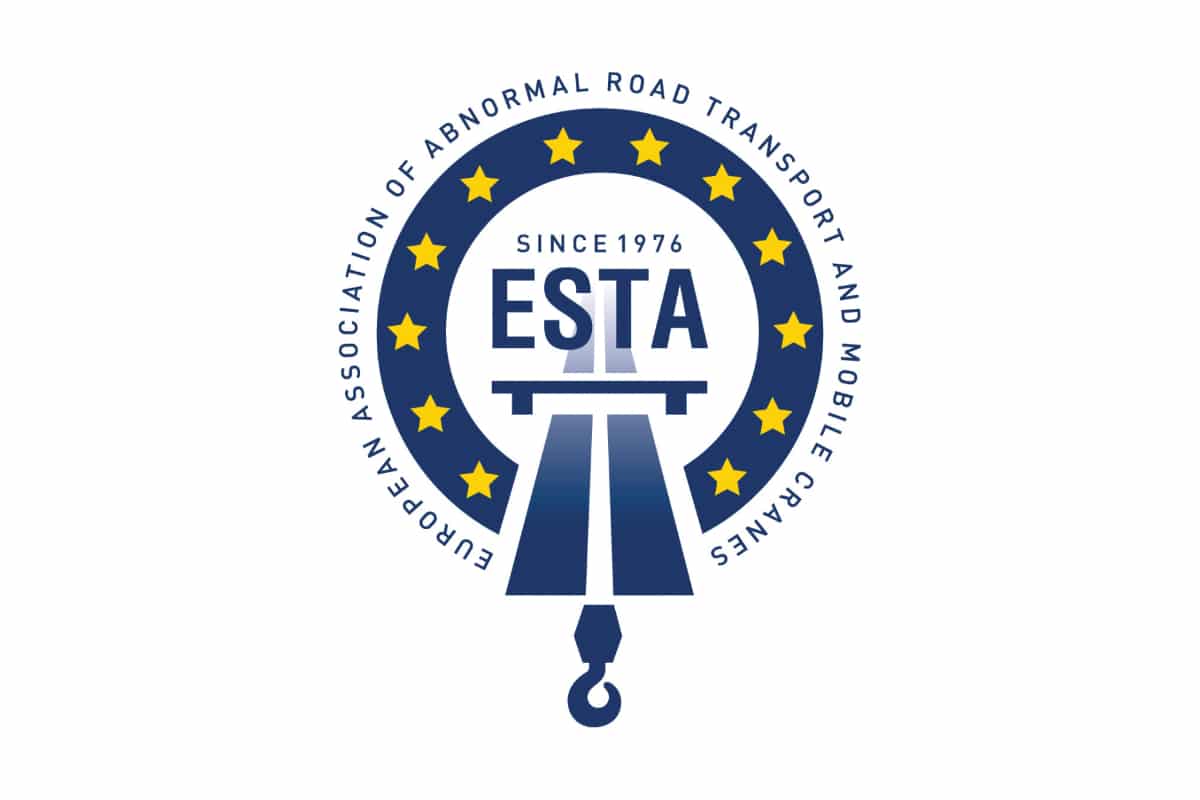On November 4, Greek politician Apostolos Tzitzikostas received a green light from the Transport and Tourism (TRAN) Committee to become the new Transport Commissioner-designate.
The following day, the recently appointed chair of the European Parliament’s post- TRAN Committee – Greek centre-right MEP Eliza Vozemberg – confirmed that the heavy transport reform measures would be high on the new Commissioner’s agenda.
And she said that another dossier on the new Commissioner’s desk contains the proposed updates to the Driving Licence Directive.
This is the regulatory framework aimed at harmonizing driving licence rules across EU member states to improve road safety, ease cross-border recognition, and address technological advancements in driving.
The updates include a proposal to make certain driving bans, for example for severe offences like excessive speeding or driving under the influence of alcohol or drugs, applicable EU-wide, no-matter where the offence is committed.
It also contains changes to lower the minimum age for driving heavy trucks to address the shortage of professional drivers across the EU. Under the revisions, individuals as young as 18 will be able to qualify for a truck or small bus driving licence if they complete a certification in professional competence.
Additionally, a supervised program will be available for 17-year-olds, allowing them to gain practical experience while accompanied by an experienced driver.
However, this latter proposal has faced criticism from road safety advocates, such as the European Transport Safety Council, which argues that allowing teenagers to drive large trucks could increase road safety risks.
And the European Transport Workers’ Federation argues that improving working conditions and pay for drivers might be more effective in addressing driver shortages than lowering age restrictions.
The heavy and abnormal transport sector measures are contained in the planned revisions to the EU’s Weights and Dimensions Directive (96/53).
They include the Europe-wide adoption of the standard SERT documentation for abnormal load vehicle registration – a move that ESTA has supported for many years.
SERT, the Special European Registration for Trucks and Trailers, is intended to reduce the paperwork and bureaucracy faced by the industry.
Other measures include:
- A ‘one stop shop’ per country for permits.
- Standardised permit application forms.
- Use of electronic permits.
- Harmonisation of escorting rules and vehicle markings.
- A ban on language requirements for drivers.
- Permitting systems to be available in all EU languages.
If adopted in its current form, the directive would also allow zero-emissions trucks and buses to operate at heavier weights to help them compete with more polluting alternatives.
The revisions had been previously agreed by the TRAN Committee and the Parliament back in March, but progress was stalled by the European elections in June.
The post-election members of the new TRAN Committee had to decide whether to continue as before or to start the revision process again. At a meeting on October 7, 30 of the new TRAN Committee’s 46 members backed the measures and decided to continue the process.
Now the above revisions will move to the next stage – negotiations with the Council – before possible implementation.
ESTA Director Ton Klijn said: “We are delighted that the proposed revisions of the Wrights and Dimension Directive appear to be back on track. As for the Driving Licence Directive, while we support the concept of harmonising standards in principle, we are concerned about how the new measures will be implemented.”
“In particular, we need to ensure that the system allows drivers and companies the time to appeal against prosecutions that are unfair or incorrect, and that the measures take account of the specific circumstances and requirements of abnormal transports.”





